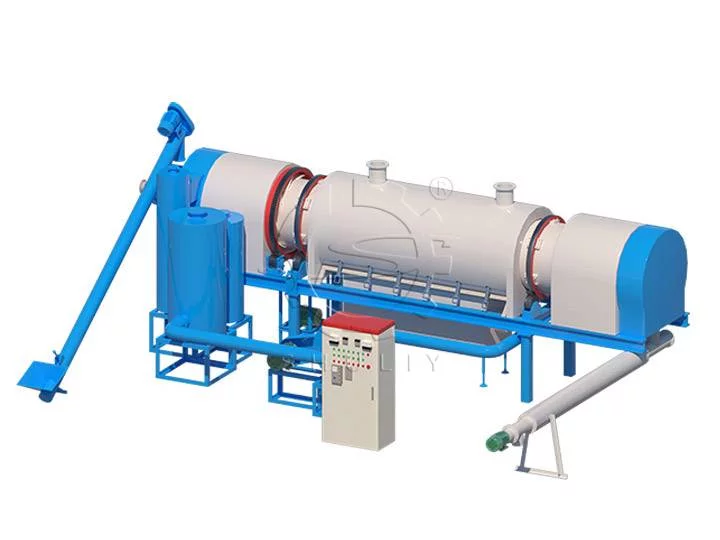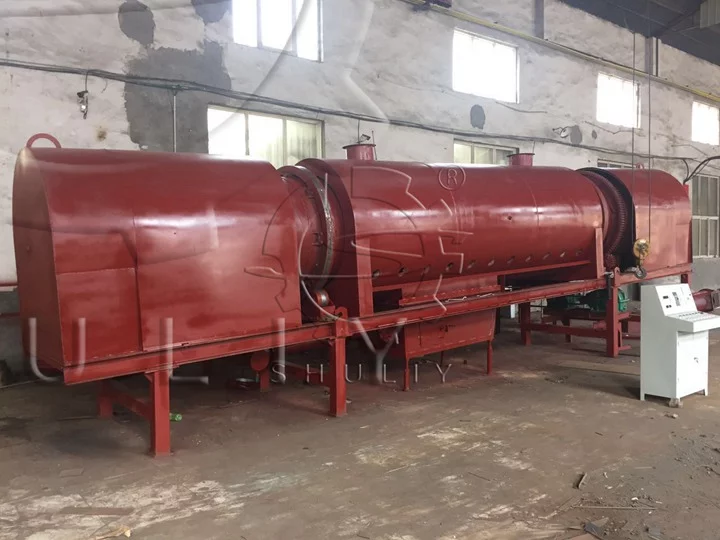The Essence of a Strong Coconut Shell Charcoal Business Plan
In the world of sustainable ventures, a coconut shell charcoal business plan stands as a blueprint for success. Leveraging the growing demand for eco-friendly fuel alternatives, such a plan requires meticulous consideration and strategic steps to thrive in this niche market.

Understanding Market Dynamics
Before delving into a coconut shell charcoal business plan, a comprehensive grasp of market dynamics is essential. Analyzing consumer trends, demand for sustainable products, and the potential for organic fuel alternatives is pivotal.
Key Elements of a Business Plan
A robust coconut shell charcoal business plan encompasses various facets. It outlines production strategies, distribution channels, marketing initiatives, and financial projections. Moreover, it emphasizes sustainability measures and quality control standards to gain a competitive edge.
Machinery and Production Process
Investing in a high-quality coconut shell charcoal machine is fundamental to streamlining the coconut charcoal production process. This machinery optimizes coconut shell conversion into charcoal, ensuring efficiency and product consistency, thereby aligning with the business plan’s objectives.

Sustainability and Eco-Friendly Practices
An integral part of any successful coconut shell charcoal business project revolves around sustainability. Embracing eco-friendly practices, waste reduction strategies, and promoting the renewable nature of coconut shells resonate with environmentally conscious consumers.
Marketing and Distribution Strategies
Executing a robust marketing and distribution strategy is paramount. Leveraging digital platforms, and optimizing keywords like “coconut shell charcoal business project” and “coconut shell charcoal machine” in content, SEO-driven blog posts, and targeted advertisements can enhance visibility and attract potential buyers.

Pathway to Success
In conclusion, a well-crafted coconut shell charcoal business plan is the cornerstone of success in this burgeoning market. By integrating sustainable practices, investing in efficient machinery, and implementing effective marketing strategies, businesses can position themselves as leaders in the eco-friendly fuel industry.




